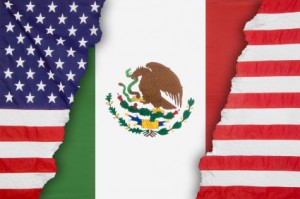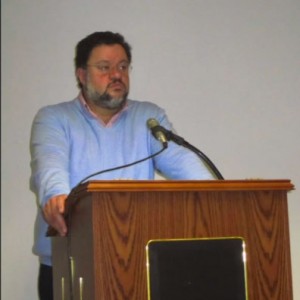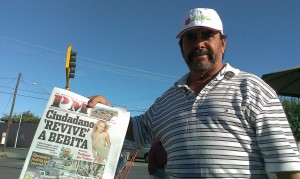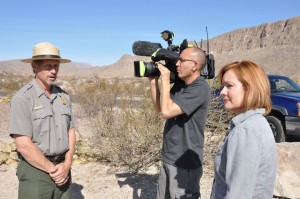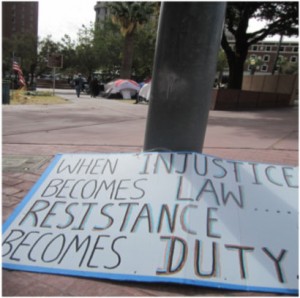Adaptándose de mal manera a la frontera
|
EL PASO — Muchos socialistas frecuentemente se refieren a los países del mundo como “una gran familia”. Visto desde esa perspectiva, podríamos asumir que cada país, como si fuera una persona en la familia, tendría su personalidad propia y en el caso del continente americano, Estados Unidos juega el papel de el “exitoso” hermano mayor. Los hermanos mayores definitivamente son una de las primeras influencias en nuestra vida, para bien o para mal, en especial para los jóvenes sin guía como lo es México que en su adorar ciego del “sueño americano” ha perdido su propio sueño, rechazando su identidad milenaria y prostituyendo sus valores sociales. Irónicamente en la frontera México-E.U. donde altos muros intentan fútilmente separar la identidad de ambos países, se presenta el porcentaje más alto de mexicanos que adoptan una falsa identidad americana, creando así una tercera identidad entre dos países. Casi todos los países tienen fronteras con otro, pero no en todos los casos se presenta este mismo fenómeno.
